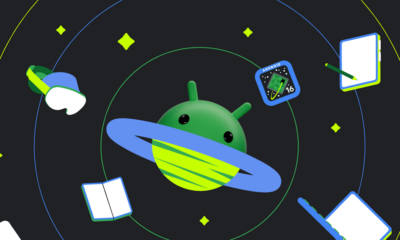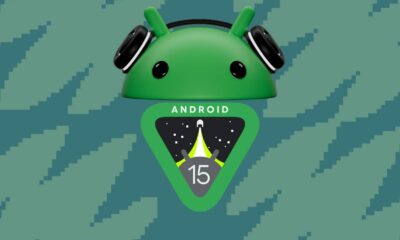Google launches easy location sharing with Find My Device update
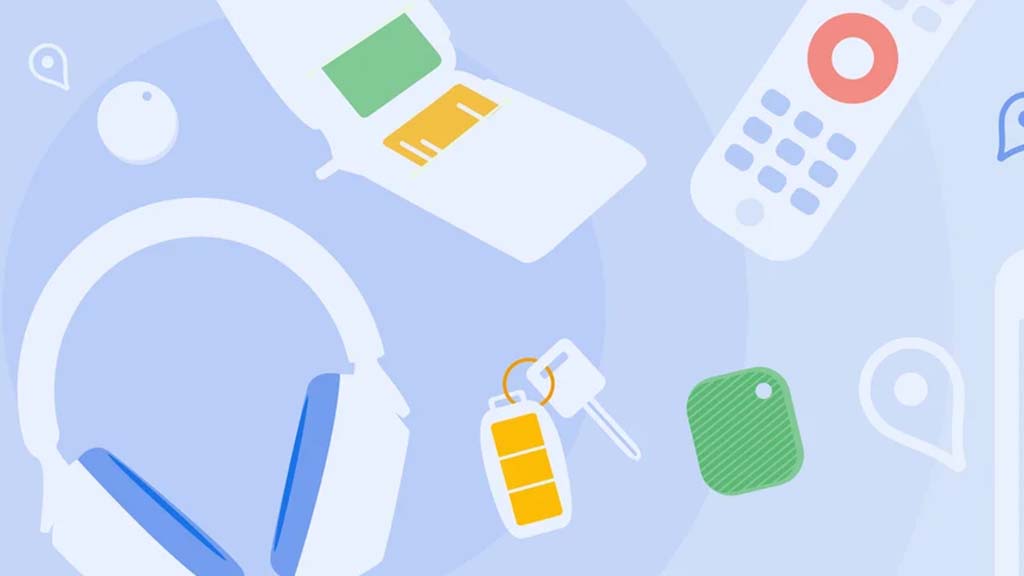
Google has just released a fresh update for its Find My Device app, making it simpler to share your location with others. Announced earlier this month, this update is now available to more users and introduces a “People” feature for tracking friends and family.
The update changes the “Devices” tab quite a bit. Instead of a full list, you now get a split-screen look. A map sits at the top, while your phones, tablets, watches, earbuds, and trackers show up below. The icons for these gadgets are smaller now, and if you’ve got family devices, there are handy filter options, too.
There’s a neat little “pull tab” in the top-right corner. Tap it, and you’ll find a menu to switch accounts, sign in as a guest, check blocked users, or tweak location-sharing settings. This setup feels a bit like older designs but focuses on being useful rather than just sleek.
What’s Old, What’s New
The big highlight is the “People” tab, still in “Beta.” It lets you share your location and see where your loved ones are. The layout mirrors the devices section, with filters like “Sharing with you” and “You’re sharing with.” Below, you’ll see people’s names, their addresses, and how close they are.
A button in the bottom-right corner of the map lets you start sharing. You’ll see a preview of what you’re sending and can pick how long to share—options include one hour, just today, until you stop it, or a custom time. You can choose specific people or send a link instead.
To make it work, the app needs location permissions. This puts a blue dot on your map and figures out how far your friends are from you. The latest version, 3.1.277-4, is rolling out now through Google Play. It’s a practical way to keep tabs on both your stuff and the people you care about!
Android
Android 16 boosts USB data safety and fixes delayed notifications on Pixel phones
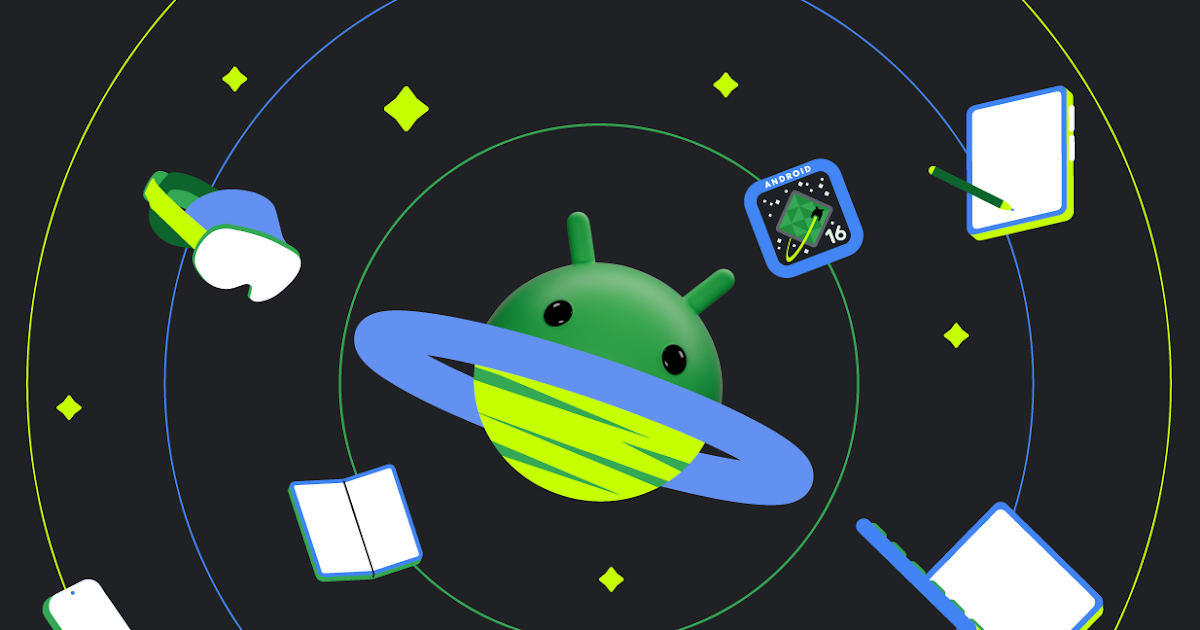
Google’s upcoming Android 16 update is bringing better security and some helpful improvements, especially for Pixel phone users. One of the main features in Android 16 is a new way to protect your phone’s data when it’s connected to a computer through USB. Right now, when you plug your phone into a PC or laptop, it can access all your data as long as you approve it.
With Android 16, Google is adding an extra security layer that only allows limited access unless you enter your PIN, password, or use your fingerprint. This will help protect your files if someone tries to access your phone without permission.
At the same time, Google is also working on a fix for a frustrating issue that some Pixel users have been facing for months — delayed notifications. After the April 2024 update, many users noticed that app alerts were not showing up on time, especially from messaging apps. Google has confirmed the problem and says a fix will be included in a future update, though it’s not in the current April patch yet.
Together, these changes show that Google is focusing on both stronger privacy and a smoother experience for Android and Pixel users. Android 16 is expected to roll out later this year, starting with developer previews.
Android
Google improves Translate, Assistant, TV, and Chrome with new updates
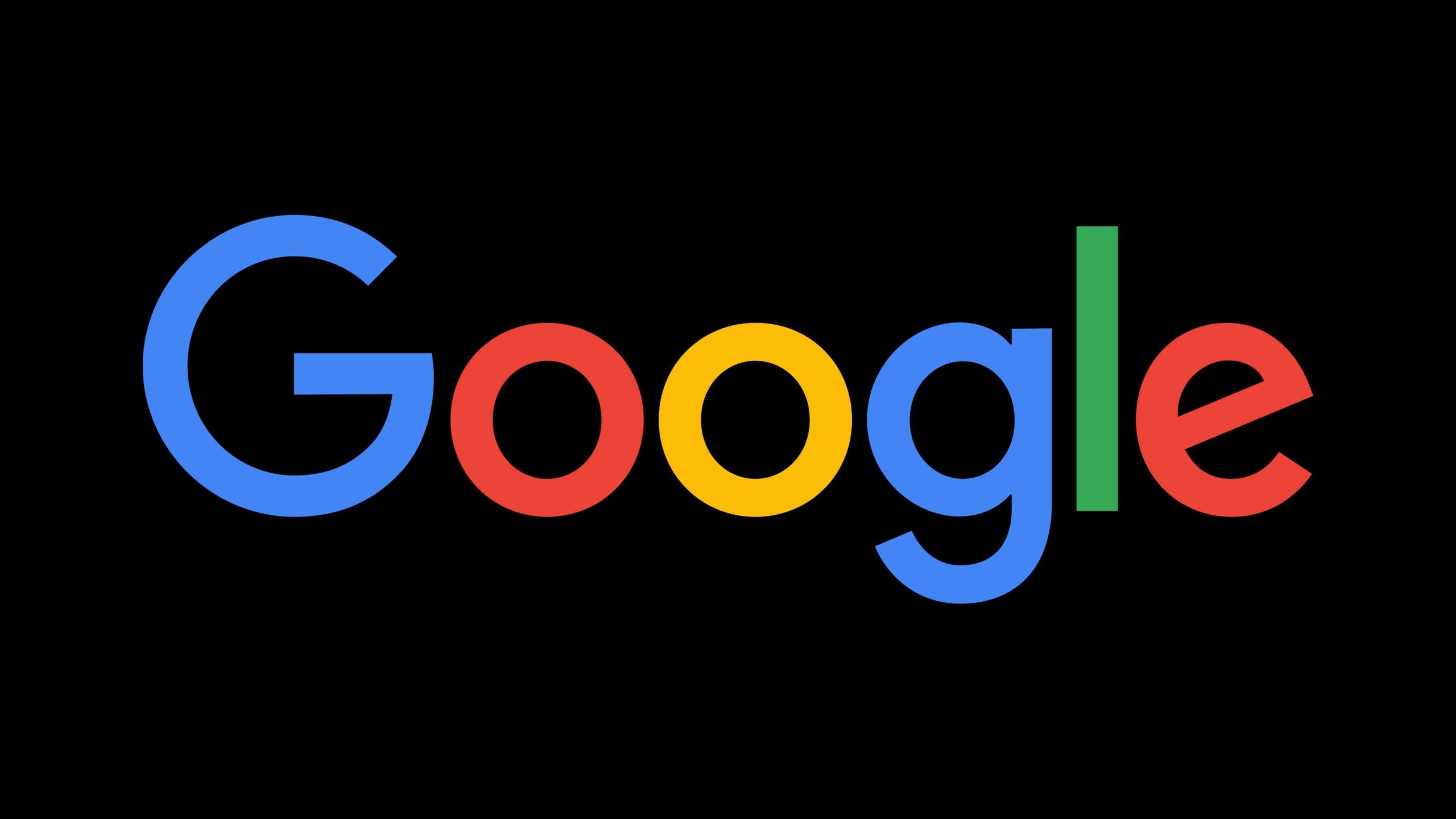
Google is bringing several updates across its apps to make them more useful and easier to use. Google Translate is working on a new feature called “Practice.” It helps users improve their language skills by offering short exercises, like matching words or filling in blanks. Right now, it looks like it will focus on Spanish, but other languages may come later. This tool could be great for people who want to go beyond just translating words and learn the language.
Google Assistant’s Driving Mode in Google Maps is starting to shut down. Many users are noticing that the card-style dashboard is disappearing, and the Assistant voice command shortcut no longer works. Google hasn’t officially said why, but it seems they’re moving away from this feature, possibly to focus on other tools or experiences in Maps.
Google TV’s Freeplay app is now back with a fresh look. It gives users free access to over 100 live TV channels. The redesign makes it easier to browse channels and see what’s playing. The new layout also highlights what’s currently on, making it faster to start watching without having to dig through menus.
Lastly, Google Chrome is testing a new built-in PDF viewer. This upgraded tool makes reading and editing PDFs easier right inside the browser. It includes better zoom controls, a cleaner layout, and a page list view that lets users jump to specific pages more quickly. These updates show Google’s push to improve how we learn, drive, watch TV, and browse the web.
Android
Android 15 grows slowly, while Google brings new AI tools to search and creators
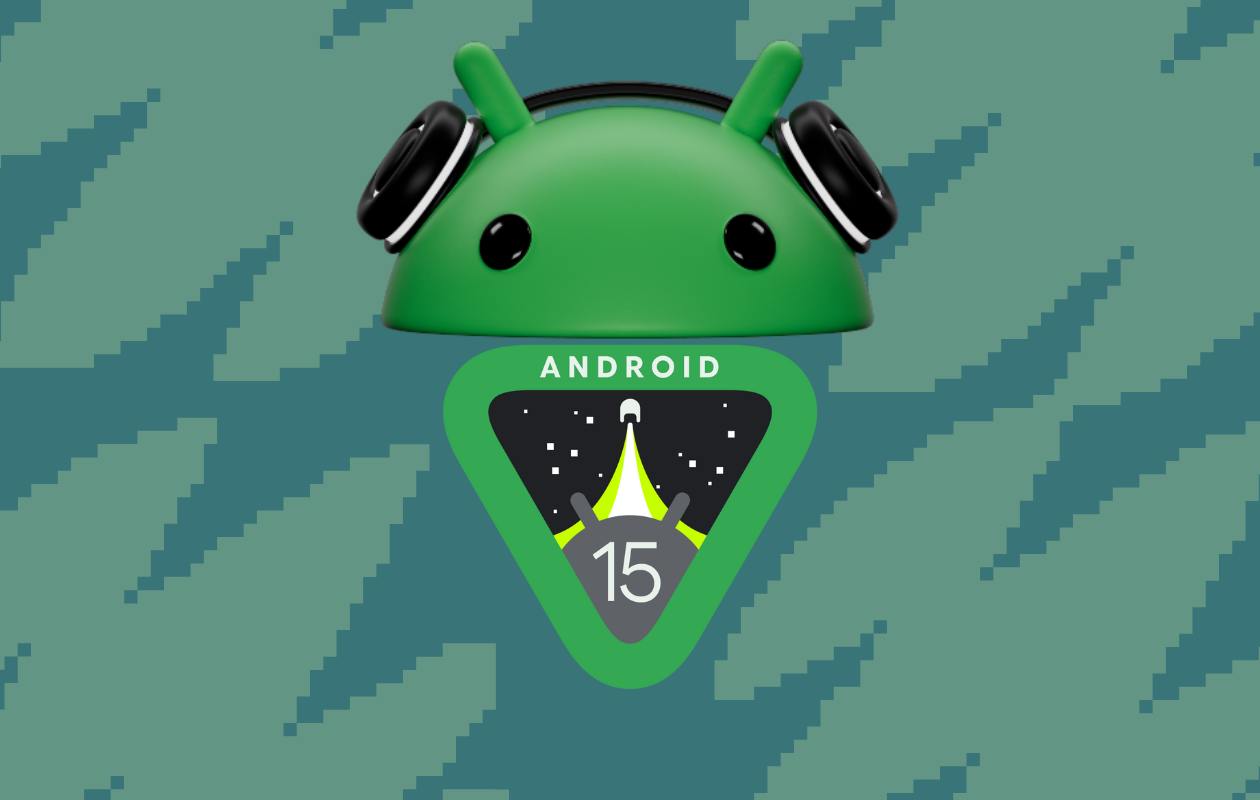
Google has shared the latest Android version usage numbers, showing that Android 15 is still in the early stages of adoption. As of April 2025, only 0.1% of Android devices are using Android 15. This version is currently in its beta phase, mostly available on Pixel and select partner phones. Android 14 leads the way with a 35.2% share, followed by Android 13 at 17.3% and Android 12 at 15.4%. Android 11 still holds 12.4%, showing how long older versions stick around.
Meanwhile, Google is also making changes in its AI efforts. The Gemini AI “prompt bar,” first seen in the Chrome browser, is now being tested in Google Search. This new feature lets users type or click suggestions to ask questions directly using Gemini, making search more interactive. It’s rolling out to more people gradually.
In addition to that, Google introduced Veo, a powerful video generation tool for creators. Veo can make high-quality videos from simple text prompts, using advanced AI to understand scenes, emotions, and cinematic styles. Google is currently letting select creators try Veo through a waitlist.
Together, these updates show how Google is improving both its Android platform and AI services. While Android 15 adoption is just beginning, features like the Gemini prompt bar and Veo highlight the company’s growing focus on AI to enhance user experiences across devices and tools.
-
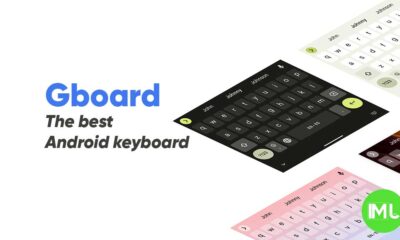
 Apps1 year ago
Apps1 year agoGboard Proofread feature will support selected text
-
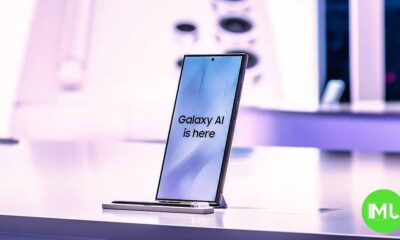
 News1 year ago
News1 year agoSamsung USA crafting One UI 6.1.1
-

 News1 year ago
News1 year agoBreaking: Samsung Galaxy S22 may get Galaxy AI features
-
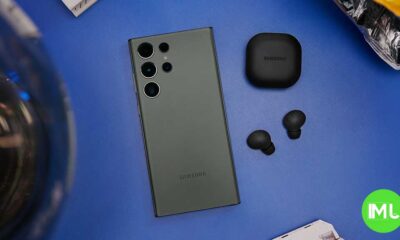
 News1 year ago
News1 year agoSamsung Galaxy S23 Ultra with One UI 6.1 and all S24 AI features revealed
-

 News1 year ago
News1 year agoOne UI 6.1 Auracast (Bluetooth LE Audio) feature coming to many Samsung phones
-

 News1 year ago
News1 year agoSatellite SOS feature coming to Google Pixel phones, evidence leaked
-
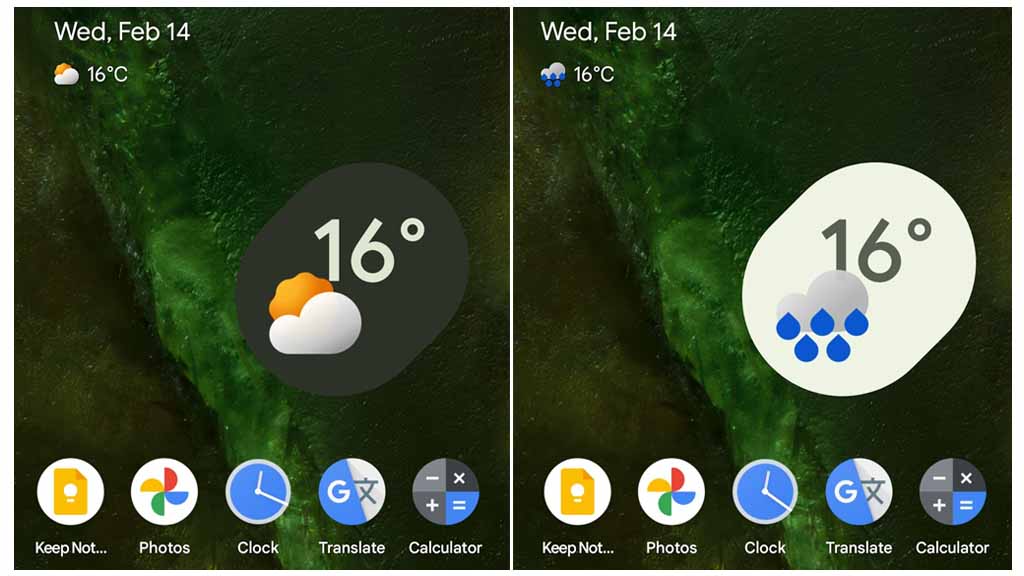
 Apps11 months ago
Apps11 months agoGoogle’s fancy new Weather app is finally available for more Android phones
-
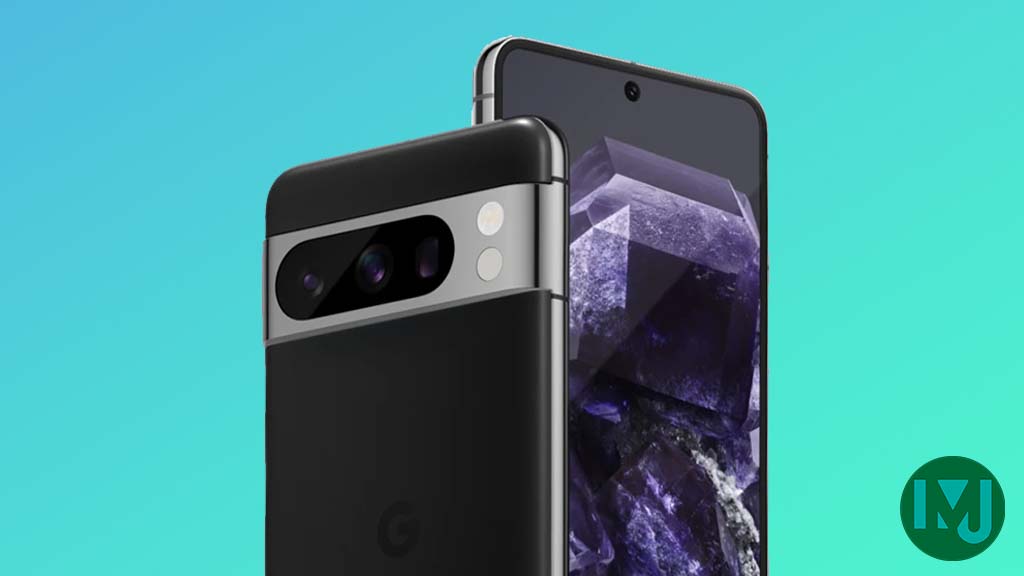
 News1 year ago
News1 year agoGoogle Pixel evolves as Europe’s third best selling flagship

